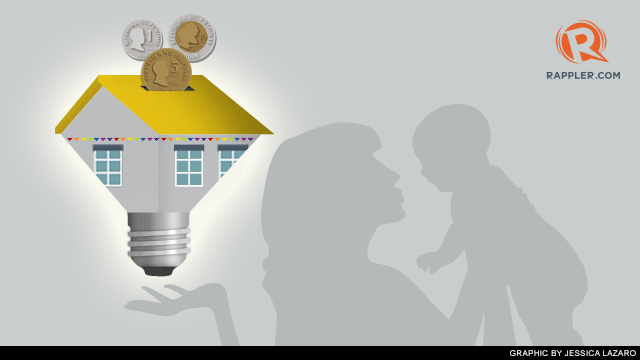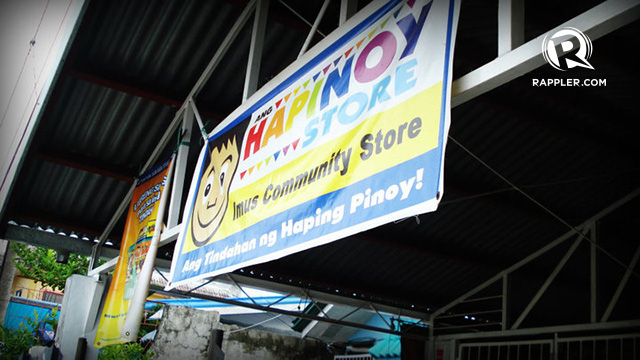SUMMARY
This is AI generated summarization, which may have errors. For context, always refer to the full article.

I recently had the humbling opportunity to attend the World Economic Forum in Davos earlier this year. The Forum’s mission — Committed to Improving the State of the World — attracts leaders and change makers from different sectors and industries all around the world, engaging them in “collaborative activities focused on shaping the global, regional, and industry agendas.”
The theme for this year’s gathering was “Resilience in Diversity,” elaborated on by the Forum as follows : “Today, we live in the most complex, interdependent and interconnected era in human history. We are increasingly confronted by major adaptive challenges as well as profound transformational opportunities. This new leadership context requires successful organizations to master strategic agility and to build risk resilience.”
This is certainly a response to the global crises on one hand — climate change, the persistence of poverty, economic stagnation, and worldwide opportunities on the other hand — technology and social media, the prevalence of hyper-connectedness, and emerging markets, especially in Asia. Navigating this brave new world means constantly being able to adjust and adapt, in order to survive and to thrive.
This theme certainly applies to a macro-perspective — to organizations, companies, institutions, governments, countries, and the world-at-large. But as a social entrepreneur, as somebody trying to merge the worlds of business and social development, I cannot help but view this from another lens.
Empowering mothers
When I think about “Resilience in Diversity,” it inevitably leads me from the big to the small, from the largest macro-organizations to the smallest micro-enterprises, from the most powerful world leaders to the most resilient and dynamic of all people I know — the nanays or mothers.

In my work, nanays are micro-entrepreneurs who run sari-sari stores. They are exceptionally driven individuals who want to give their families all the best they can give — which is why they often work tirelessly from the break of dawn till the late hours of the night, fulfilling their motherly duties while at the same time augmenting their households’ income. Yet sadly, not all of them are able to equip themselves with the necessary knowledge and tools to make their dreams come true.
It is because of this that our social enterprise, MicroVentures, set-up the “Hapinoy Sari-Sari Store” program. At its core, it is a community of nanays, a network of sari-sari stores. We at Hapinoy envision a Filipino community with thriving micro-to-small businesses at the grassroots level, starting with the local sari-sari store network owned and run by these empowered mothers.
To realize this vision, we enable them with the tools and skills necessary to build a sustainable business:
- Access to microfinancing — most often from our strategic partner, the Center for Agricultural and Rural Development
- Education and capacity-building — which combines both values formation and hard skills
- Access to new business opportunities — which allows them to grow their sari-sari stores, whether it be in consumer goods or emerging products and services such as over-the-counter medicine and mobile money. For us, this formula results in the socio-economic empowerment of our micro-entrepreneurs.

Resilience in diversity
Whenever I am faced with challenging situations, I think of Hapinoy Nanay Edith Miranda from Pagbilao, Quezon.
After investing several years into growing her sari-sari store business, she lost everything when a fire burned all her goods and inventory. But rather than be drowned by despair, she instead bounced back and rebuilt her sari-sari store from the ground up. Today she is one of our largest and most successful Hapinoy community stores. Isn’t this what true resilience in diversity is all about?
At Davos, I was awed by the way people looked at the big picture, seeing things at a global scale. Literally the world’s greatest thinkers and doers were harnessing their collective power to solve the most pressing issues of our time.
But I think it would be wise to also learn from the other side of the spectrum — to look at what’s local, what’s on the ground, what’s in front of us. By looking at both sides, I think we can truly say that we’ve taken into account real diversity. – Rappler.com
Mark Ruiz is an Asia 21 Philippine Leader of Asia Society, the leading organization dedicated to promoting mutual understanding and strengthening partnerships among peoples, leaders and institutions of the US and Asia in the global context. He is the co-founder and president of MicroVentures Inc/ Hapinoy which empowers women sari-sari storeowners. He has been recognized as Philippines 21 Young Leader for AsiaSociety in 2008, Go Negosyo Young Inspiring Social Entrepreneur 2010, 2011 Global Social Benefit Incubator Fellow, and 2011 Social Entrepreneur of the Year for Asia by the World Economic Forum’s Schwab Foundation for Social Entrepreneurs.
Add a comment
How does this make you feel?
There are no comments yet. Add your comment to start the conversation.